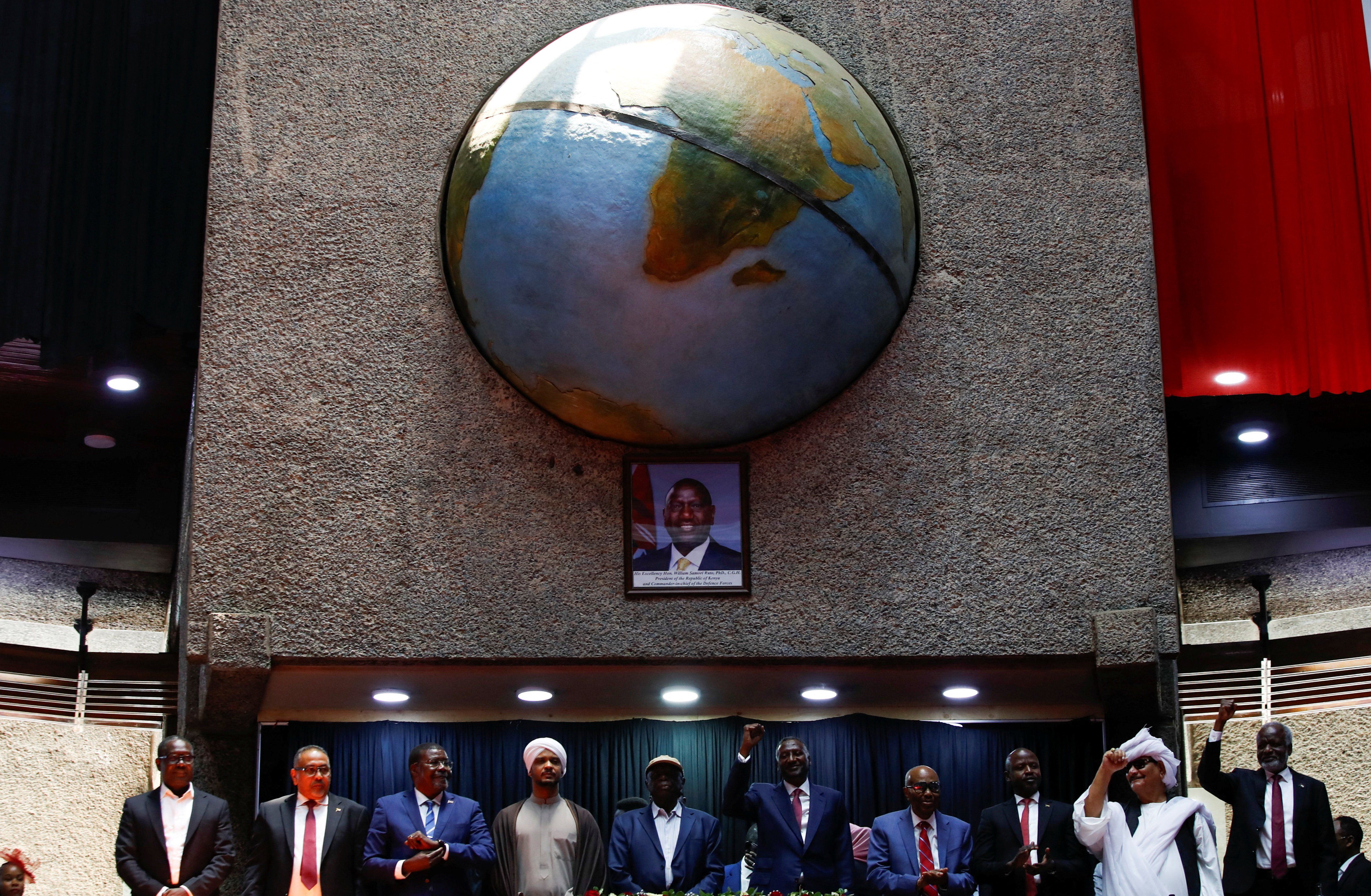On Tuesday, Rapid Support Forces leaders and allies, who have been at war with the Sudanese army since April 2023, convened to finalize what they call the "Sudan Founding Charter for establishing a peace and unity government." The document would create a separate government in the significant swath of Sudan they control.
The timing isn't random. The RSF, having lost ground to the Sudanese Armed Forces in recent months, is desperate to legitimize its control over the territory it still holds. The proposal appears to have the backing of the United Arab Emirates – which bankrolls the RSF militarily and financially – and at least the tacit backing of Kenya, given the location of the event. However, The Sudanese government has responded by calling for "a decisive international stance" against the RSF’s proposal.
Why it matters: Sudan is at risk of becoming the next Libya – a fractured state with competing governments and foreign backers pulling the strings. Meanwhile, the humanitarian crisis rages on. The fighting has killed tens of thousands of people and displaced millions more, and things may take a turn for the worse now that the Trump administration's foreign aid freeze has shuttered US-funded soup kitchens that feed some 800,000 people.